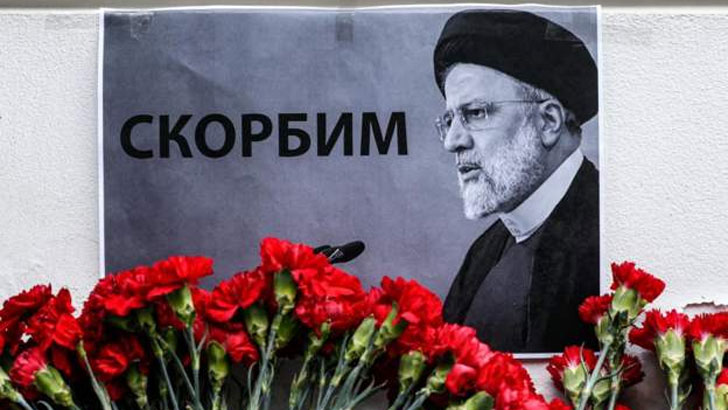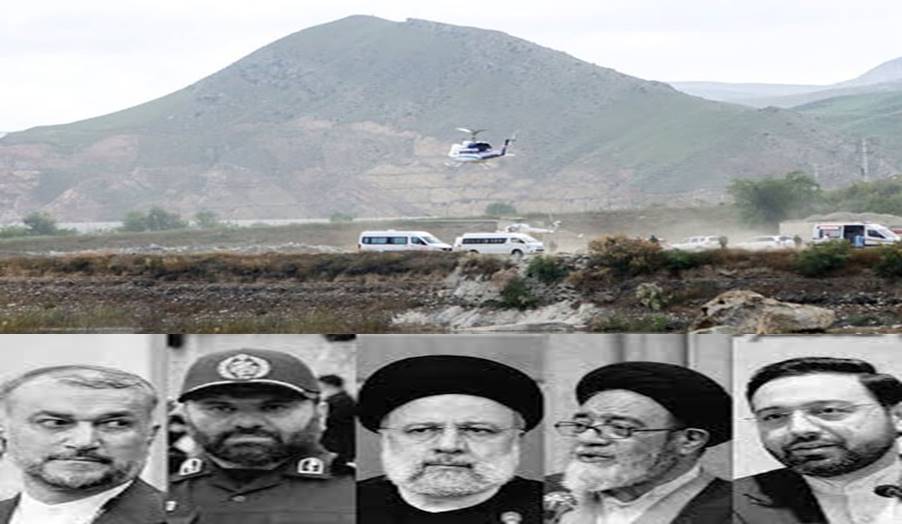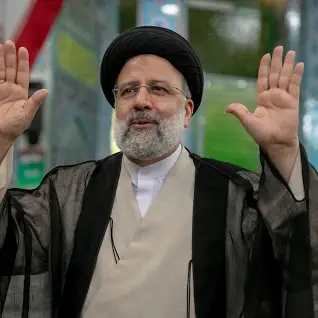Shehbaz threatens to teach India a 'proper lesson' over Indus River issue


Published: 04:19 13 August 2025
Pakistan Prime Minister Shehbaz Sharif has threatened to teach India a 'proper lesson' if it plans to permanently block the waters of the Indus River. He gave this warning while addressing an event organized on the occasion of International Youth Day in Islamabad on Tuesday (August 12).
Shehbaz said, "I want to make it clear to the enemies - we will not let anyone snatch even a drop of our water. If you plan to block our water and take action accordingly, we will teach you a lesson that you will remember for the rest of your life."
Tensions between Pakistan and India over the sharing of Indus River water are not new. India suspended the Indus Water Treaty in response to a deadly militant attack in Pahalgam, Jammu and Kashmir, on April 22 that killed 26 people. As a result, the flow of three rivers in Pakistan - Indus, Chenab and Jhelum - has reduced, putting agricultural production at serious risk.
Pakistan has filed a case against India at the International Court of Arbitration. In its ruling on August 8 this month, the court ordered the Indus Waters Treaty to be activated and India to return to the treaty. The court also ordered that India must comply with the terms of the treaty if it wants to build a dam on the river.
Pakistan's army chief Field Marshal Asim Munir also gave a similar stern message during his recent visit to the United States. He said, "We will wait for the dam to be completed, then we will destroy it with 10 missiles." Shehbaz's latest comments echo the army chief's warning.
According to the Indus Waters Treaty, brokered by the World Bank in 1960, Pakistan has the right to use most of the water of the three western rivers—Indus, Jhelum and Chenab—and India has the right to use the water of the three eastern rivers—Irrawaddy, Bipasha and Sutlej. This treaty cannot be unilaterally terminated or suspended by any party.
Pakistan's agricultural, urban, and energy systems are almost entirely dependent on the reliable flow of these western rivers, to which the country currently has no alternative.
Advertisement
Most Readed - International
- Zimbabwe's Raja tops ODI all-rounder rankings
- "Throat fat can be a 'prediction of death'!
- "Houthi attacks targeting Israel"
- Will there be no A. League symbol in the upcoming elections? EC warns
- Female fan's 'extreme dance' video goes viral, Atif also criticized
- "Mimi-Shubhsree's kissing scene goes viral on the net"
- Recruitment of manpower for 65 posts in the Narcotics Control Department
- Uttamkumar's love story that many don't know
- Ramos in discussion after singing, some call him a 'singer', others call him a 'hypocrite'
- Local weapons including air guns recovered in Gazipur, three arrested
- The Iranian public has mixed reactions to the death of President Ibrahim Raisi
- Iran's President Ebrahim Raisi and Foreign Minister died in the helicopter crash
- Ibrahim Raisi Killed: Mere Accident or Premeditated Murder?
- in the memory of Ibrahim Raisi, mourning in the country
- 3 KNF members were killed in a joint operation led by the army in Bandarban
- Today is Sheikh Hasina's 44th Homecoming Day
- Urinary Bladder Cancer: Symptoms to watch out for
- Kangana will say goodbye to the world of cinema forever
- France supports arrest warrant application against Netanyahu-Hania
- High blood pressure 'silent killer' for kidneys




